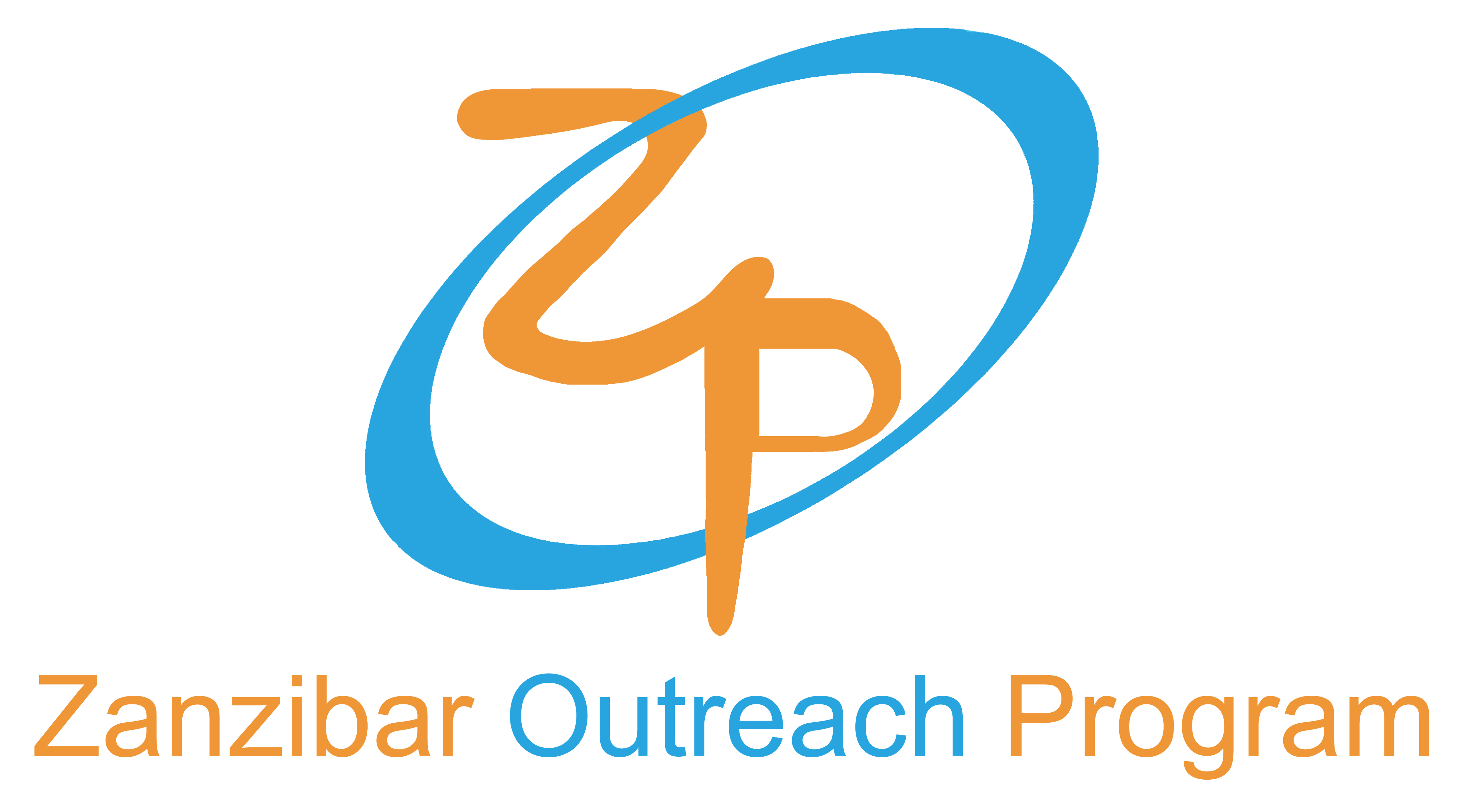Helping People with Albinism
In June 2011 a kind donation of a shipping container of Factor 50 suncream by the UK’s Boots Chemist was made to the Jumuiya Ya Ma Albino Zanzibar (Association of People with Albinism). This inspired a partnership between ZOP and the Association, then in its infancy, to distribute the cream through its medical outreach programs. Through the involvement of the Rotary Club of Zanzibar, the opportunity of a new census and health information campaign to help those suffering from Albinism was realized.
In Zanzibar and Tanzania, people with albinism have a life expectancy of 30 years—only 2% live until the age of 40. High mortality is due to epidemic rates of fatal skin cancer deaths. One in 4,000 Tanzanians suffer from Albinism compared with 1 in 20,000 people in the EU and US, where they have a normal life expectancy. The Jumuiya Ya Ma Albino Zanzibar is a civil society established by people with albinism living in the archipelago and aims to bring attention to their plight. The inauguration was an opportunity for the 148 registered albinos living in Unguja and Pemba to communicate to fellow citizens what it means to have the disease.
Albinism is a genetically inherited disorder—a rare condition arising from an absence or defect of the enzyme involved in the production of melanin. This leads to a lack of pigmentation in the hair and skin and in almost all cases affects eyesight. Melanin provides many benefits, such as helping to protect the skin from harmful Ultra Violet rays (UV). People with darker skin tones and more melanin are able to tolerate sunlight for long. By contrast, individuals who have a lighter skin tone or with Albinism have a low tolerance. It stands to reason that those with less pigmentation, are at a greater risk of developing skin cancer when exposed for prolonged periods to UV. But the progress made in educating people with albinism about the risks of prolonged sun exposure has been slow. The Chairman of the Zanzibar Association of People with Albinism, Abdalla Daudi, joins ZOP medical community camps to run his health information campaign. Communication through local radio stations on details of when and where camps take place invites people with Albinism living in catchment areas for the camps to attend. Through this process, Abdalla is also able to update the census on the exact number of affected people living in Zanzibar. These include babies and children, who are often kept hidden away, due to stigma surrounding the disease. In the community setting of the camps, it is possible to work on the education of the whole community as well as those affected.
As well to suncream, sufferers and their families receive an eye test, hats, and sunglasses as well as printed educational materials in the form of leaflets on necessary precautionary measures to reduce risks of skin cancer. They also receive a booklet that includes advice on how to cope with bullying and other social issues, which parents receive along with a kanga to help protect their babies from an early age, and extra copies to give to teachers in their children’s schools.
